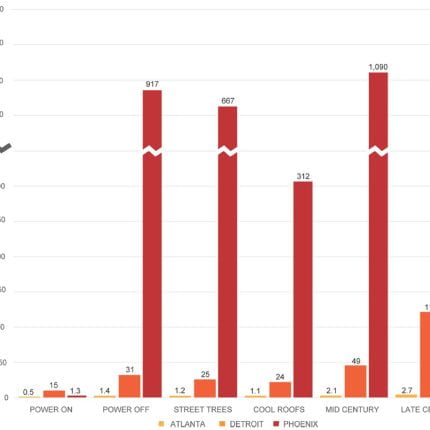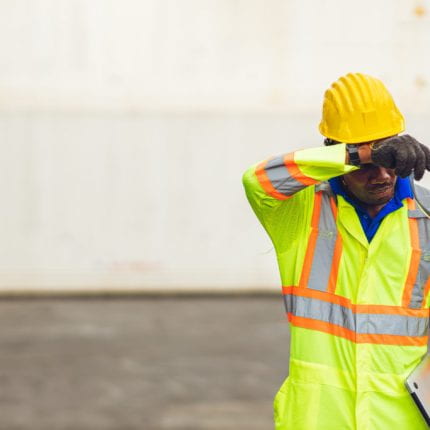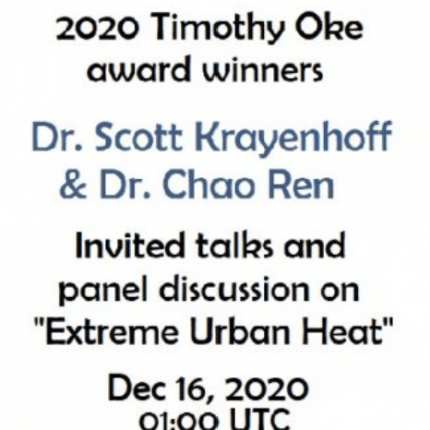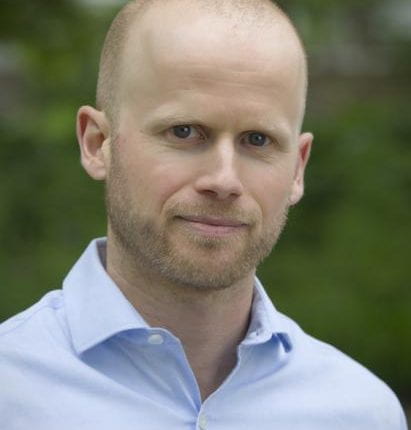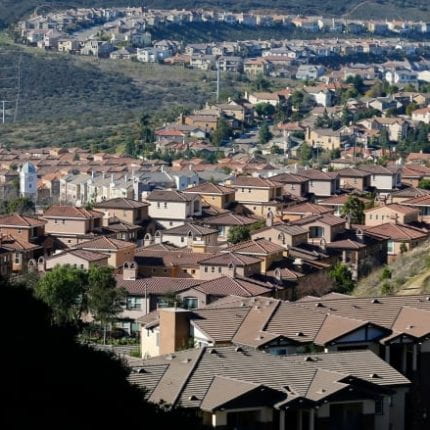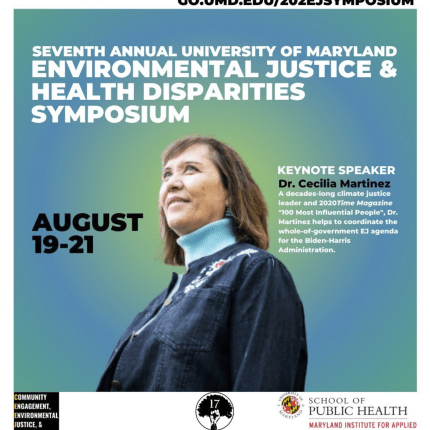
In 2021, extreme heat events have had dire health consequences in unlikely locations. West Coast cities like Portland and Seattle saw record-breaking temperatures early in the summer, with little respite for the elderly, unhoused, and other vulnerable populations. Studies have shown that in nearly every major city in the U.S., BIPOC communities are exposed to more extreme urban heat than White people. Expanses of concrete and reduced canopy cover lead to concentrated heat in urban centers, producing what is known as the “urban heat island effect.” Because of this phenomenon, cities can vary wildly in temperature on a block by block basis, with the burden of extreme heat falling upon low wealth communities and communities of color. In this session, panelists will discuss the unequal burden of urban heat for communities with environmental justice issues including the lack of salutogenic and climate resilient infrastructure and what actions can be taken to alleviate this burden. What adaptation strategies have been used to great effect within urban heat islands, and how have historical policies contributed to the health effects that are seen within American cities today.
Read more... about "Prof. Krayenhoff contributes to panel discussion on urban heat and environmental justice"





